By Grace Fenwick - Account Manager, Union Direct
Stop the presses, women of the UK! It’s official. The British public have spoken, and apparently, we’ve got equality now.
No, really. Nearly half of Britons say women’s equality has gone far enough, with 59% of men agreeing that we have gone so far in promoting women’s equality that we are discriminating against men.
Honestly, I’d be delighted to find I’d woken up in a new, equal UK, if it wasn’t so easy to disprove. Women are, as a whole, at a disadvantage when it comes to work and money…
- UK median pay for all employees was 14.3% less for women than for men in April 2023
- There were only 10 female CEOs in the FTSE350 as of February 2024
- Women spend 12.65% of their time on unpaid domestic and care work, compared with 6.97% of time for men
- UK women ‘need to work extra 19 years to retire with same pension pot as men’ – the Pension Mirror, a joint effort between our own Union Direct and Scottish Widows, will let you see where your pensions savings should be, and if you’re like me, make you cry.
- 11% of women in the UK take no maternity leave as they can’t afford it
When it comes to healthcare:
- Five times more research goes into erectile dysfunction — which affects 19% of men, than into premenstrual syndrome, which affects 90% of women.
- Women with a total blockage of the coronary artery were 59% more likely to be misdiagnosed than men, often as anxiety
- Over 70% of medicines used in pregnancy have no, or insufficient, safety information
And, most depressingly, when it comes to gendered crime:
- 81% of domestic abuse incidents in Scotland involved violence against women by men
- A woman is killed every three days by a man in the UK
- Almost three in five women (58%) in the UK have experienced harassment at work
So really, we should all be grateful when International Women’s Day rolls around every March 8th, right?
Well, like the best annual holidays, it’s all got a bit commercialised
International Women’s Day and big business
By this point, we’re all familiar with the annual corporate roll out of International Women’s Day activations filling our screens, from the wonderful:
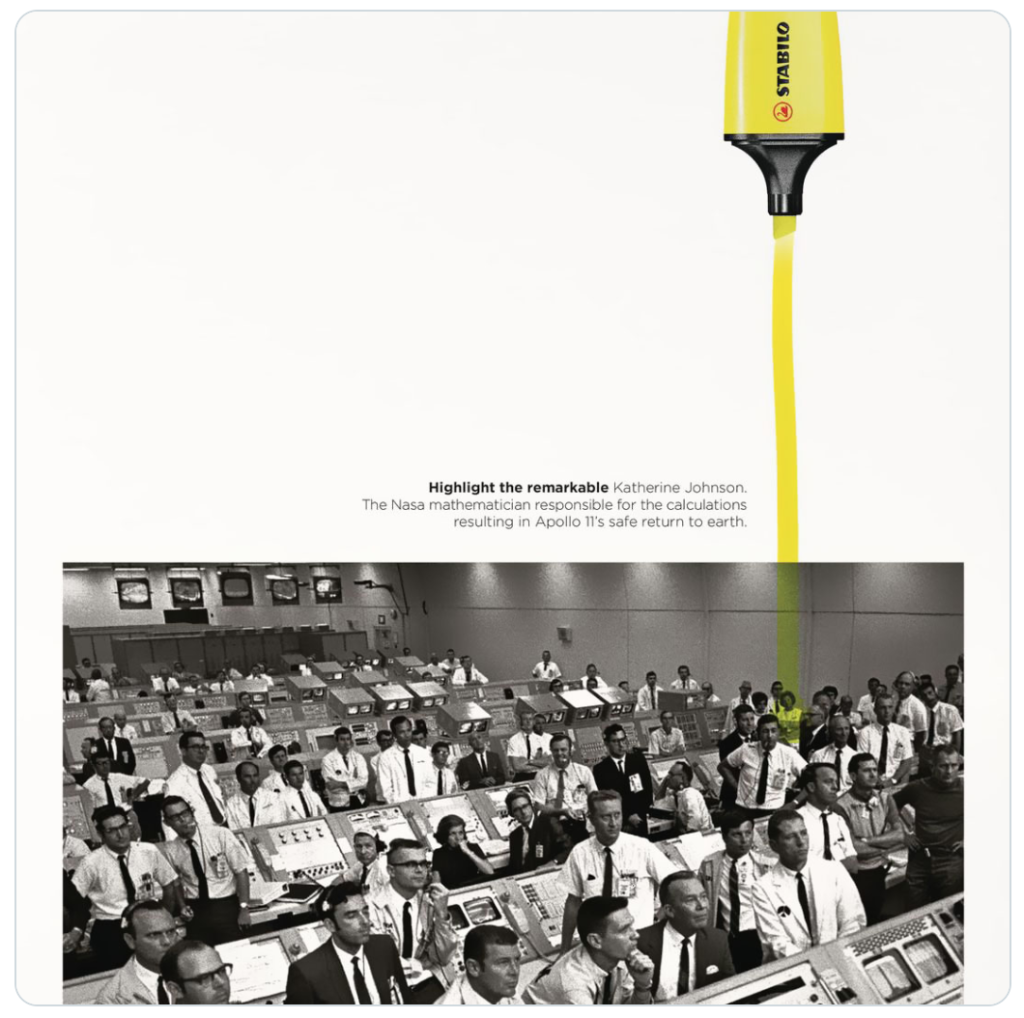
to the downright misguided:
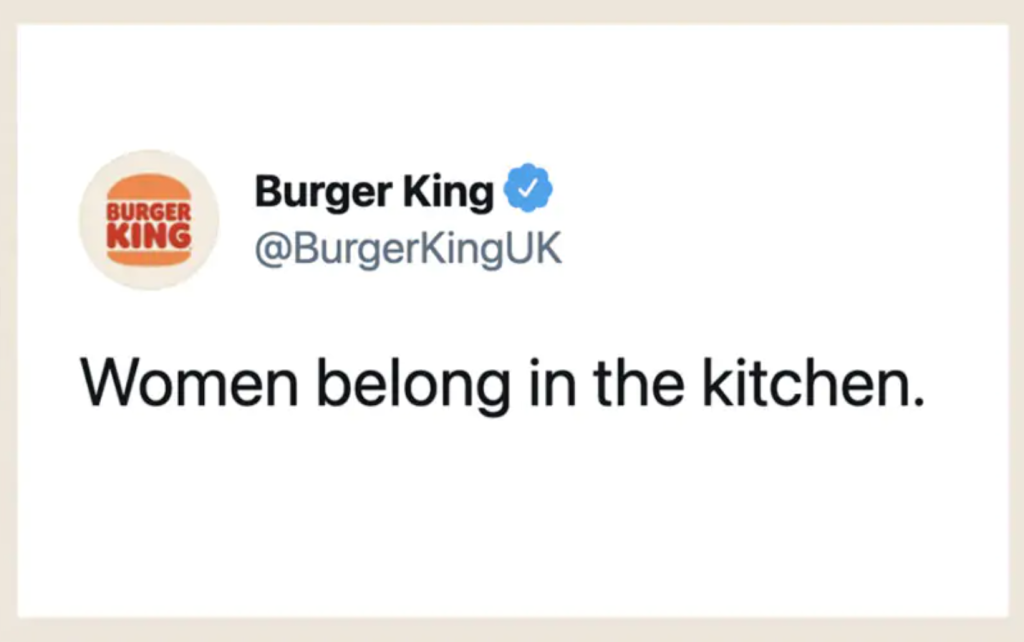
And this year has been no different, with household names far and wide publicly professing their commitment to furthering the interests of girls and women, including:
John Lewis:

Ford:
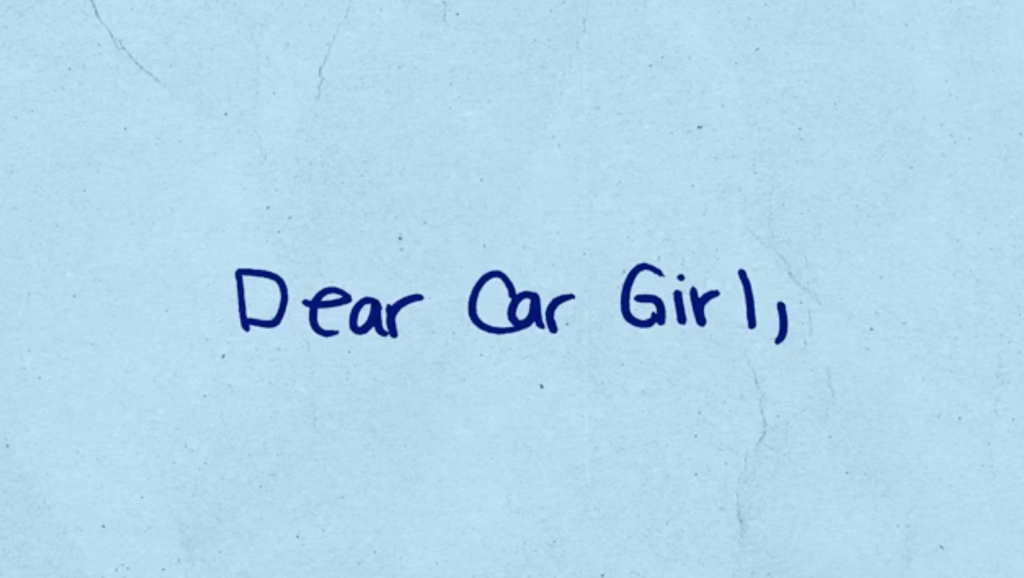
HSBC:
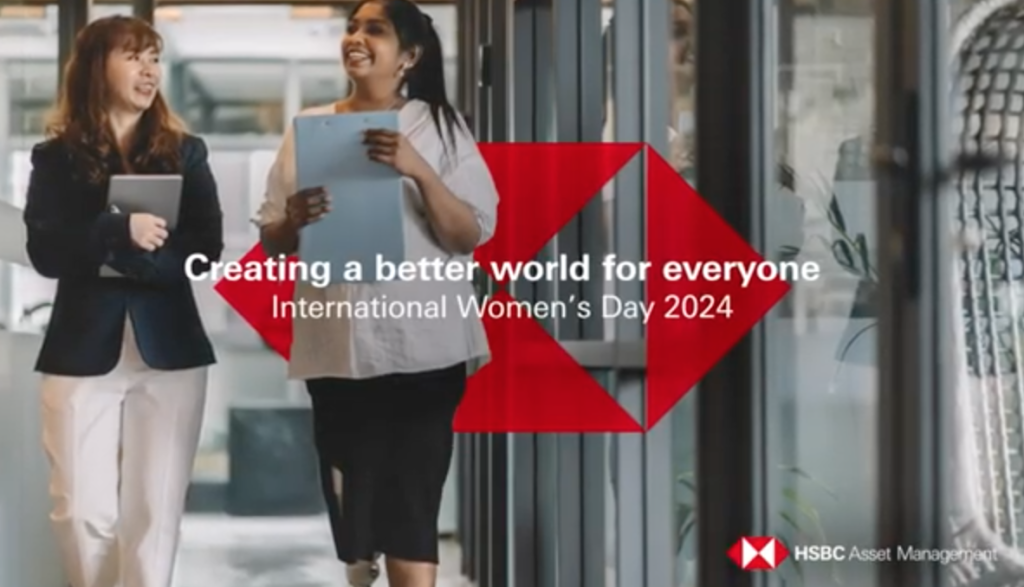
Whole foods:
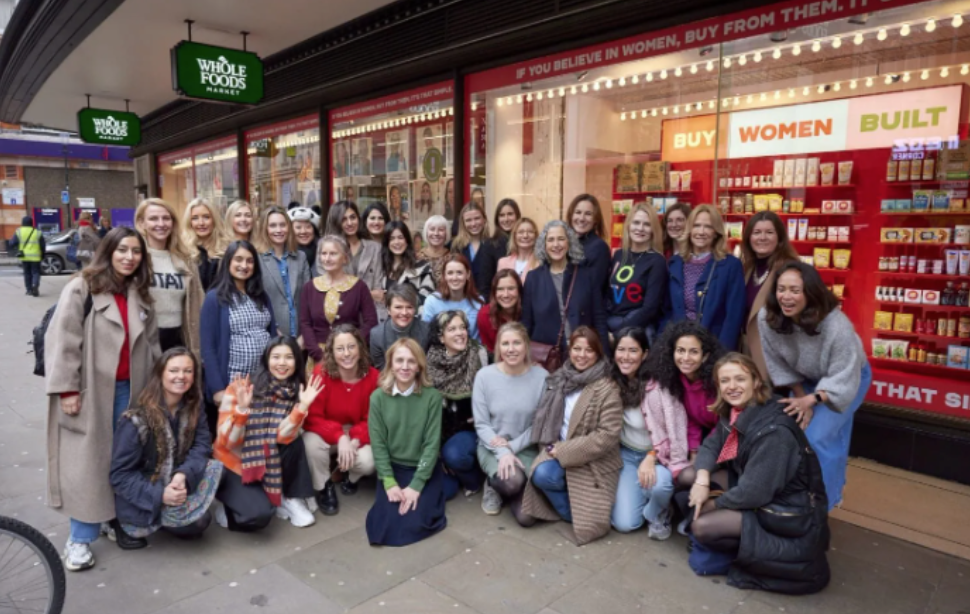
And on the surface, this looks wonderful.
But ultimately, this type of activity has limited meaning if behind the scenes, these companies aren’t actively and rapidly changing to ensure gender parity within their organisations. So… are they?
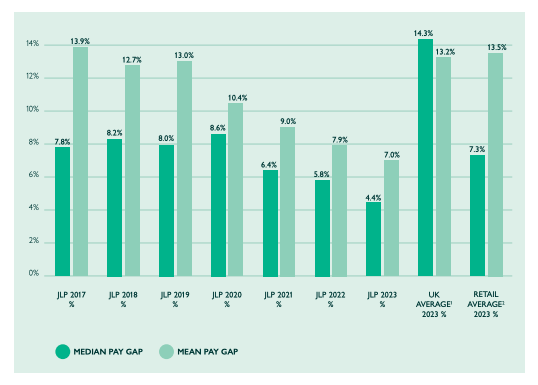
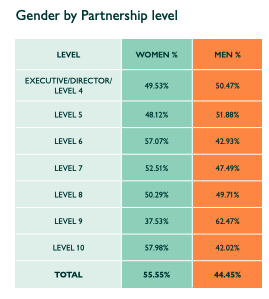





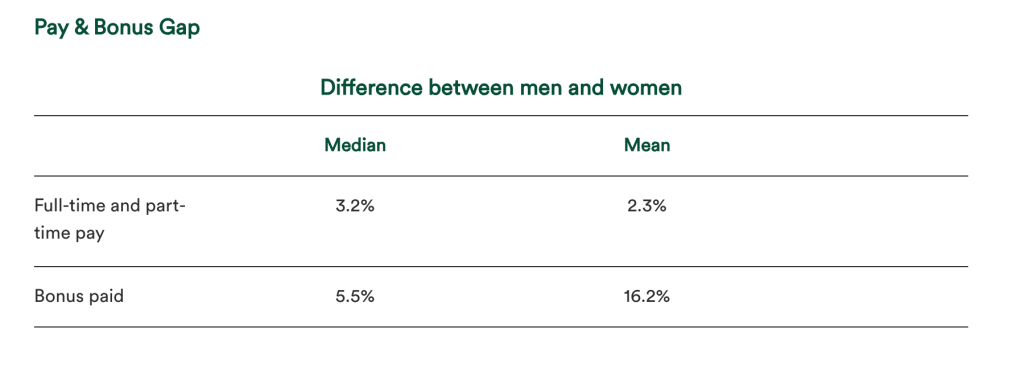
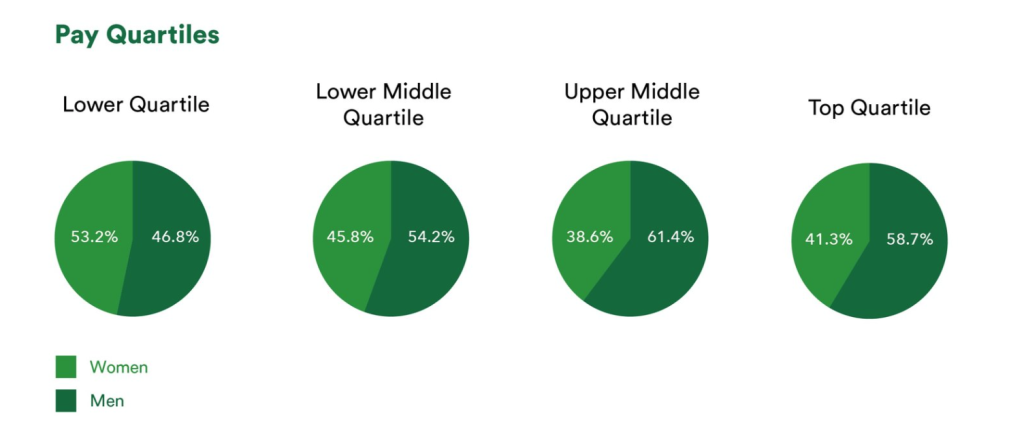
In short, only one in four of these companies has closed the gender pay gap (well done, Ford). I’ve done some digging, and the numbers for the others are improving over time, particularly for the likes of John Lewis, but as the national statistics show, a lot of companies are lagging behind. Overall in the UK, women are less represented at senior levels, women still receive less in bonuses, and women are still underpaid in comparison to their male counterparts at the same level. Despite annual, loud commitments to changing this, it’s all going agonisingly slowly.
With this in mind, perhaps there’s some merit to The Woman’s Organisation’s boycotting of International Women’s Day. They’ve claimed that the day is just an opportunity to “engage in performative actions and events without genuinely addressing tangible issues faced by women” – in short, they feel the day has been hijacked by large public and private organisations, who use the day as a marketing tool to make people view them positively rather than changing for good, and that we should celebrate women’s achievement and acknowledge their struggles every day.
Considering this, is there any point to International Women’s Day? Clearly there needs to be sustained and accelerated change globally to push for gender parity, but is International Women’s Day the right vehicle for it?
In short, and in my opinion, the answer to this is a resounding yes. But, for the longer answer, I’ll first take a look at the purpose of International Women’s Day, and the organisation itself.
A brief history of International Women’s Day
Since its inception in 1911, International Women’s Day has stood out in the calendar as a global day to celebrate the social, economic, cultural, and political achievements of women. The day also marks a call to activism for accelerating gender parity and rally for women’s equality. According to the organisation themselves, it’s a day to:
- celebrate women’s achievements
- educate and awareness raise about women’s equality
- call for positive change advancing women
- lobby for accelerated gender parity
- fundraise for women-focused charities
The global IWD organisation adopts a theme each year, focused on a specific and timely topic that, if more widely understood, may help advance women and forge a more inclusive world. In 2024, the theme was #InspireInclusion, with the organisation stating:
“When we inspire others to understand and value women’s inclusion, we forge a better world.
And when women themselves are inspired to be included, there’s a sense of belonging, relevance and empowerment.”

So why does this matter?
Well, it brings home the reason for International Women’s Day. It was never just about the companies. It was about collective activism to promote gender parity. The day being hijacked and commercialised by big business doesn’t detract from the impact and importance of this – the day still inspires global individual activity, and has raised millions for charities supporting women and girls.
More than this though, as much as we should all be aiming to push for gender equality 365 days a year as the Women’s Organisation suggests, is this something the general public has the mental bandwidth for? With war, famine, disease and disaster taking over our daily lives for what feels like forever, I’ll be honest – I just don’t have the energy. It’s hard enough to keep track of what’s gone to hell in the last week, let alone keep the pressure on every day for gender equality.
In March though, that all changes.
Because of International Women’s day, I look to see how companies are marking the occasion. I actively read through articles showing the best and the worst of the creatives. I go down the rabbit hole and find out how these companies are working to change their gender pay issues.
And because of International Women’s Day, I change my behaviour.
I buy from companies who aren’t just mouthing the words. I avoid the big offenders. I share what I find with family and friends. I write articles like this.
For me at least, International Women’s Day represents the moment in the year where I can sit back, take stock, and focus on gender equality issues. For the companies that post, I’ll be checking receipts to make sure they’re actively working towards pay equality, boardroom diversity and other measures to help drive womens’ success; and for those who stay silent, I’ll ask why.
For many of us, International Women’s Day is about more than #InspiringInclusion, it’s about putting public and private organisations under an intense spotlight and holding them to account. Corporate hijacking can’t take away the value of the day, and I can’t see any good reason to cancel it.
